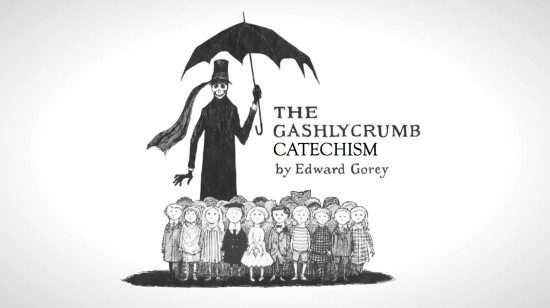(One last thing on Niebuhr, then we'll move on, I promise.)
Reinhold Niebuhr is regarded as a "Neo-Orthodox" theologian. The "neo" there doesn't mean that he presented a new orthodoxy, but refers rather to the way that his profound consideration of sin and human nature was a reassertion of the classic biblical and Augustinian views.
On a lot of other matters, however, Niebuhr was anything but orthodox.* He did not believe in the resurrection — of Christ or of anyone else. He believed that Jesus was divine only in the most nebulous sense.
Niebuhr was, in other words, deeply orthodox on the subject of human nature and seriously heterodox on the subject of the divine. This latter heterodoxy explains why Niebuhr is out of favor with contemporary evangelical Christians.** Evangelicals ought to be more charitable to old Reinhold, however, since they tend to suffer from a mirror-image of his problem.
Evangelicals tend to be, in other words, deeply orthodox on the subject of the divine and seriously heterodox on the subject of human nature.
Consider evangelical hermeneutics and the epistemology that underlies them. Try to reconcile this objective certainty with the Christian belief that human beings are finite, fallible and fallen. It cannot be done. Evangelicals may nominally believe this is our state, but as soon as we pick up a Bible and begin to read they believe we turn into clear-eyed, pure-hearted, omniscient readers.
Hence the evangelical obsession with declarations of the "inerrancy" or "infaliibility" of the text. I am in no position to say whether or not such declarations are true. None of us is. As errant, fallible humans we cannot judge whether or not a text is inerrant and infallible. But even if we take it on faith that the text is all that they say it is, we're still no better off because we cannot supply this perfect text with perfect readers, or with a reading that is "inerrant" or "infallible."
It may be that the text is as they say, inerrant and infallible. But this means little more than Archimedes' claim about the lever. "Give me a place to stand and lever long enough and I will move the world," Archimedes said. And he was right — except that he didn't have a lever long enough, and that there was no place to stand, and that even if there were no human could survive to stand there.
The evangelical claims of inerrancy and infallibility, likewise, offer no place for humans to stand, no place from which human readers could approach or understand their inhuman text.
What we claim about the text cannot trump what we know about ourselves. We are finite, fallible and fallen. (And far too full of preconception and misconception to ever claim our reading of scripture is sola scriptura.) Certainty is a divine prerogative, not a human one.***
This doesn't mean that nothing is knowable, or that all readings of the text are equally valid, or any other such nonsense. But it does mean that evangelicals ought to approach scripture with a bit more, yes, Niebuhrian humility. To do otherwise is to abandon the orthodox Christian view of human nature.
– – – – – – – – – – – –
* I realize that words like "orthodox" can be difficult to use in a pluralistic context. Please don't misunderstand. When I say that Niebuhr's views on the resurrection and the divinity of Christ are not the same as orthodox Christian views, I am merely being descriptive. I am not advocating the burning of heretics. I'm not even arguing here that Niebuhr's heterodox views are wrong. (I happen to think they were wrong, but that is a separate matter.) The truth or falsity of his views are not the point here — the point is that his views were something other than what Christians believe.
This phrase — "what Christians believe" — is of course also problematic. It's use and misuse as a phrase of judgment muddles its descriptive use. But that descriptive use is unavoidable and necessary. For the word "Christian" (or "Hindu," "Moslem," "Scientologist," "Cubs fan" or "Trekkie") to mean anything it needs to refer to a particular group of people and not to others. If such names and classifications did not make such distinctions, then we wouldn't need them, we could call everything by the same name. It is obviously often necessary to make such distinctions without also making judgments or implying hierarchies between groups of people, but such judgments have become so much a part of our culture that even these necessary and obviously nonjudgmental distinctions can be difficult to make without resort to exhausting lawyerly footnotes like this one.
** This and the fact that he doesn't have a program on Christian radio or cable television.
*** This is why many of our oldest stories — including some of those told in the Bible — involve the human misinterpretation of the divine word. There's a reason that the word "oracular" means "obscure, enigmatic."
CX: Typo fixed, thanks bad jim.












